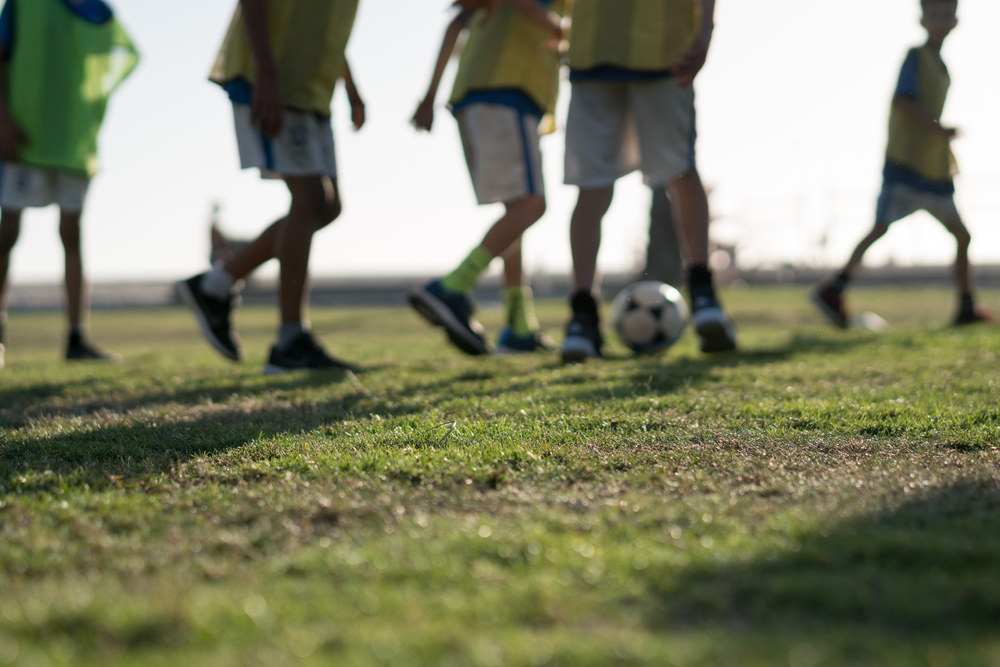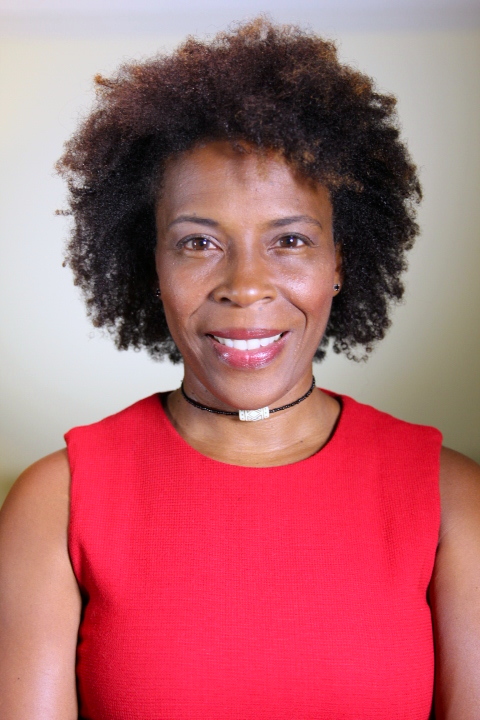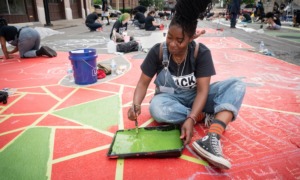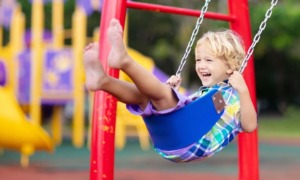
NancyP5/Shutterstock
.
Kyle Kashuv, a conservative, Jewish student who survived the Parkland, Fla., school shooting, made headlines because his admission to Harvard University was rescinded after Harvard officials learned of racist and anti-Semitic remarks he publicly made several years ago.
Most of the extensive news coverage and commentary focused on whether Harvard made the right decision or if Kashuv was wronged. Noticeably absent from the conversation was a focus on how his behavior affected his classmates, and how his school and community should have responded.
This was the chance for a proverbial “teachable moment.”
Those who work with kids in the years leading up to college should take seriously their role to prevent and correct any offensive behavior and its larger impacts. After all, these soft skills are just as important, if not more so, in the 21st century.

Andrea Dennis
.
During the school year, schools can and do impose punishment. The U.S. Supreme Court has granted public education officials broad control over schools and students, including off-campus or during nonschool hours. Threatening communications directed at the school community can be punished; so too can communications that could potentially cause a substantive and material disruption to the educational process, and communications that are obscene, lewd or plainly offensive, vulgar, indecent, racist or otherwise inappropriate in a school setting, e.g., sexually suggestive. Most broadly, students can be disciplined for violations of the established student code of conduct.
Private schools also discipline students whom they view as violating their codes of conduct, which are agreed to upon enrollment. For example, two years ago Atlanta area private high school students were seen on social media playing a Nazi-versus-Jews drinking game at a house party. School officials suspended a handful of students and expelled one.
Collaborate on anti-bigotry lessons
Summer vacation in particular is an optimal time for communities to address the issue of juvenile bigotry. Youth can be double- and triple-dosed with lessons and experiences that promote emotional and social development, sensitivity and empathy. Kids are more relaxed and hopefully more open. And opportunities abound to expose children to different people, cultures and ideas: Summer is jam-packed with sleepover and day camps, community programs, summer internships and jobs, and travel. Even free play and open-ended summers can advance the ball.
Community officials and others who work with children should collaborate to develop summer programming (and after-school programming) aimed at developing interpersonal skills and cultural sensitivity among youth. Collectively these institutions are well-suited for the undertaking. They have access to large, diverse groups of youth allowing them to create personal connections and learning moments that might not otherwise happen, and based on experience, they have the ability to adapt programs to the needs of particular youth or communities. Most importantly, in these more relaxed settings, they can show kids that getting along is much more fun than being mean.
Kashuv did eventually face consequences when Harvard learned of his conduct. To some, those consequences — the loss of a chance to study at Harvard — seem too extreme.
But this should not have come as a surprise. Colleges and universities often reject applicants with records of such behavior. Likewise, they rescind offers of admission if the behavior was not known during the initial application and later comes to light. Their rationale: immaturity and character issues.
Harvard, and many other post-secondary institutions, can afford to accept only those applicants who have demonstrated an ability to respectfully and maturely play in a sandbox full of diverse people. They can choose which students they want to work with. They do not have to accept those they determine might not uplift other students and the community.
Andrea L. Dennis is John Byrd Martin Chair of Law at the University of Georgia School of Law where she teaches and researches criminal law and procedure, family law and juvenile law.































